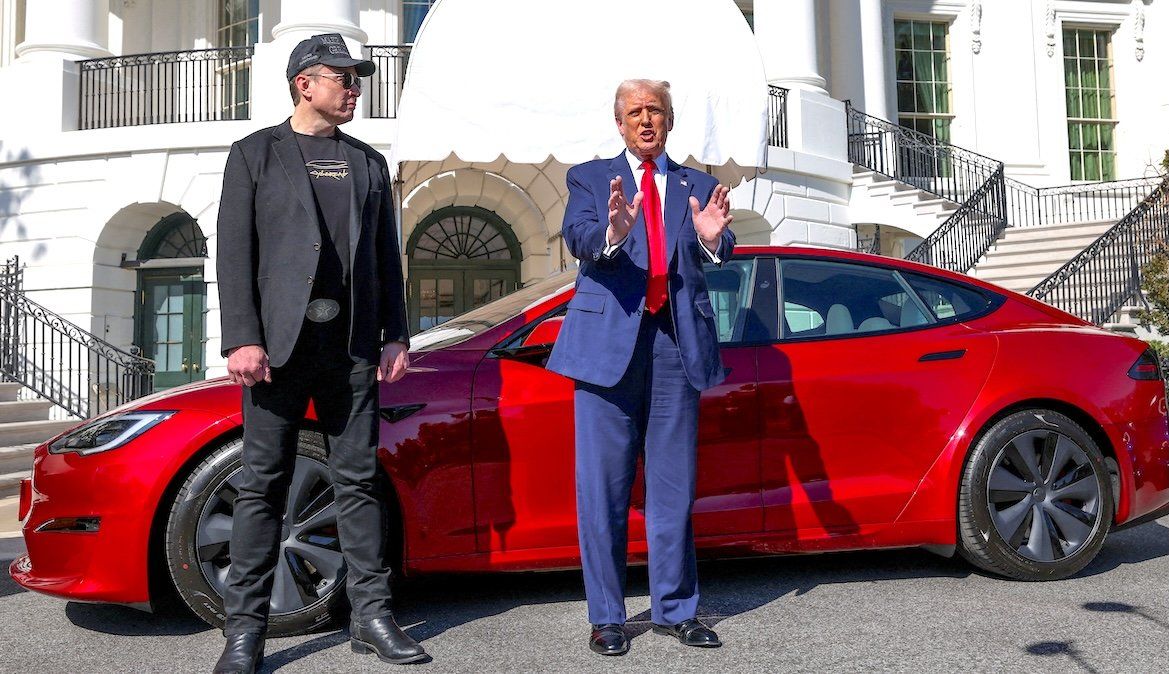Elon Musk may have a big day ahead. On Friday, according to the New York Times, he’ll reportedly be made privy to war plans for a US military conflict with China. But President Donald Trump has notably denied that Musk will be briefed on China during the visit.
While discussions about such a confrontation within the walls of the Pentagon are nothing new — defense officials have been war-gaming such a scenario for years — this would be a novel and expanded advisory role for the man at the helm of DOGE, the agency that has federal workers dodging pink slips.
The Tesla CEO was, according to the NYT report, invited to visit America’s five-sided symbol of strength by Defense Secretary Pete Hegseth, who will lead a slide presentation detailing the operational plan, aka O-plan, from early indications of a possible threat from China through to full-on engagement.
Is there a conflict of interest? Good question. Pundits are wondering whether Musk, who helms both SpaceX and Tesla and has plenty of financial investments in China, should be let in on state secrets about how the US might fight a hypothetical war with China. Should Beijing get wind of the plans, it would help China prepare, giving it the advantage.
But, on the other hand ... the man who’s driving bids to reduce the federal deficit may need to know how much money is required to keep American war-fighting capabilities afloat. The White House has noted that Musk would recuse himself in the case of such conflicts of interest.
We’ll be keeping an eye on Musk’s visit and any fallout.
